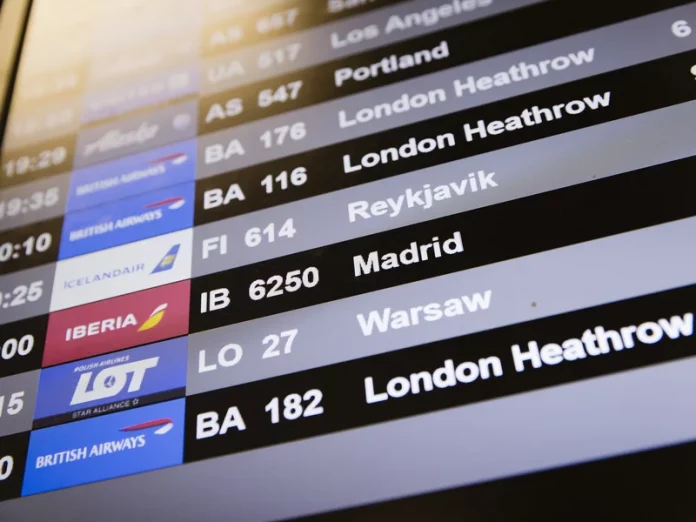The U.S. has come up with new rules and regulations for travelers flying in from other countries, to take effect on Monday, November 8.
Here’s a rundown of the new protocols for those coming from abroad for a job, to study, to visit family – or to find a new home for humanitarian reasons. We’ll also look at obstacles that loom.
Which vaccines are on the OK list
If you’ve been vaccinated, you’ll have to show a digital or paper version of the card along with ID that matches all of your personal information on the vaccine card. But not all versions of the vaccine qualify. Under the new rules, accepted vaccines for travel to the U.S. are limited to those currently on the World Health Organization or U.S. Food and Drug Administration authorized or approved lists. That includes Pfizer-BioNTech, Moderna, Janssen (Johnson & Johnson), AstraZeneca-Oxford and the two Chinese vaccines, Sinopharm and Sinovac.
But it leaves out, for example, the widely used Russian vaccine Sputnik V. India, Mexico, Turkey, Honduras, Iran and the Palestinian territories are among the places that have used the Sputnik vaccine to vaccinate millions. The CDC hasn’t said why Sputnik didn’t make the cut but WHO raised concerns about the vaccine’s manufacturing plant this summer. What’s more, an Associated Press report noted that some countries that received the first of Sputnik’s two doses had trouble getting all the second doses needed.
Exceptions for the unvaccinated
Much of the world is not vaccinated. According to current information from Our World in Data, 49.4% of the world’s population has received at least one dose of a COVID-19 vaccine, but only 3.6% of people in low-income countries have.
For those who aren’t vaccinated (or didn’t get a vaccine from the approved list), a trip to the U.S. is still possible – but only if they meet one of the conditions for an exception as detailed on lists from the U.S. State Department.
Perhaps the most sweeping exception is for travelers with passports from any country where fewer than 10% of the country’s population has been vaccinated. That list will be regularly updated, according to the State Department. Currently, there are 50 countries on the list, 34 of them in Africa.
And once you arrive, there are more rules to follow
The new Biden administration rules also address protocols after arrival in the U.S., including more testing, isolating if you do contract COVID-19 and a strong nudge to get the vaccination for people who will be in the country 60 days or longer. Here’s a link to everything U.S. citizens and foreigners need to know about what’s expected of them in the days after travel to the U.S. from another country.
The CDC does not say how it will enforce these post-arrival rules although the Departments of Transportation and Homeland Security can deny airplane boarding to anyone not in compliance.
As the countdown to the November 8 start date begins, some medical authorities are concerned that the swift timing will add to the confusion felt by potential visitors from overseas.
